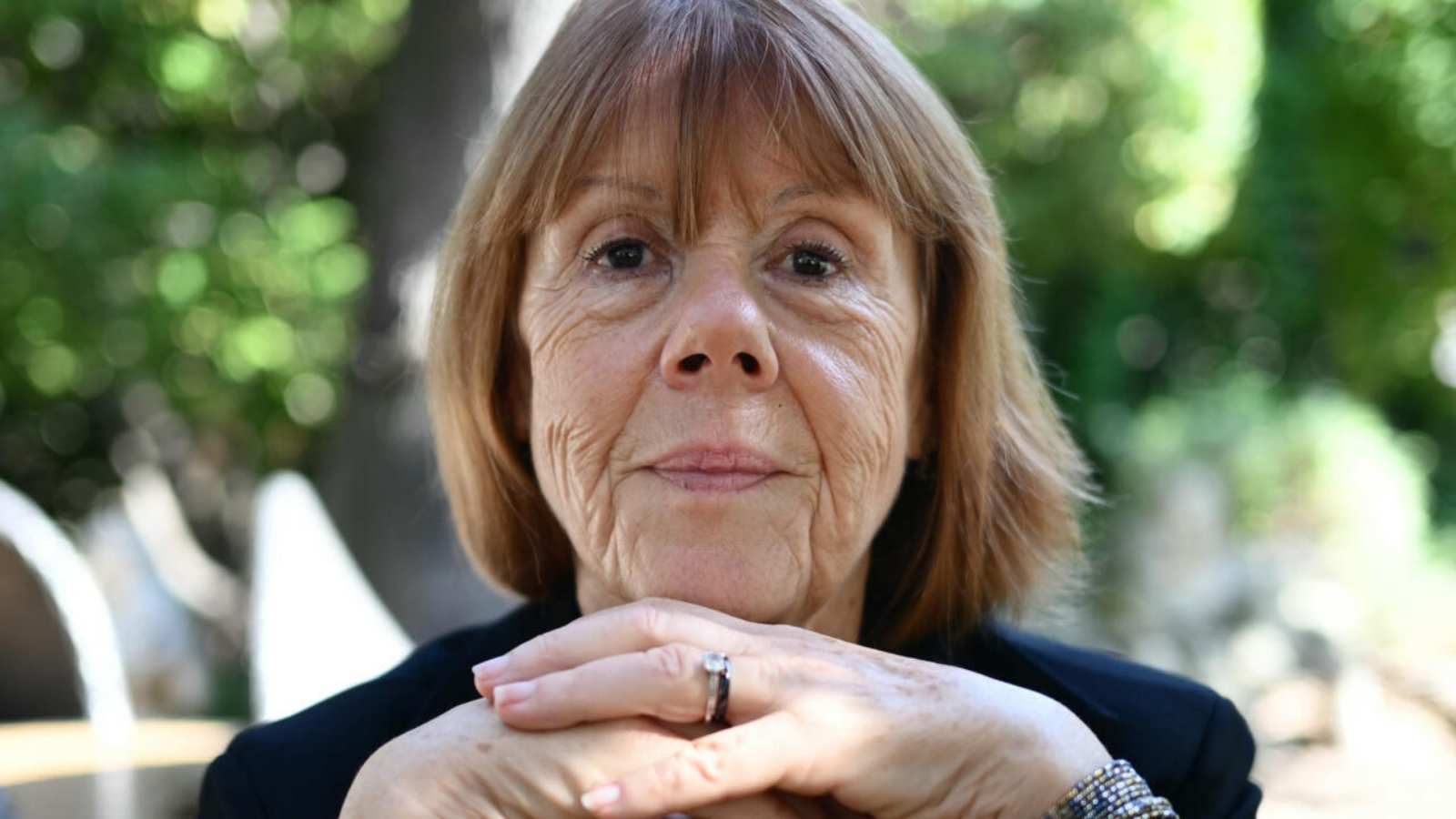The holiday season has always been related to joy, peace, and togetherness. It exudes a feeling of wholesomeness and anticipation of the new year. Nevertheless, over the last decades, it has increasingly become synonymous with the stress and materialism of gift-giving. Instead of getting ready to meet our loved ones and enjoy delicious meals with them, we tend to anticipate the gifts instead of the people.
Nevertheless, we cannot argue that the tradition of exchanging gifts can be a fun way to show appreciation and love, but it can also contribute to a sense of obligation, disappointment, and commercialism that detracts from the true meaning of Christmas.
One of the primary downsides of gift exchange is the immense pressure it places on individuals to spend money on gifts. Months before the holiday season, we are bombarded with advertisements and marketing campaigns encouraging us to buy more and more and more. New last-minute Christmas deals are on the everyday menu, and we are getting into a panic mode when adjusting our budget for the Christmas gifts. However, this gift-giving pressure can lead to financial stress and anxiety, especially for those who are struggling to make ends meet.
Another issue with gift exchange is the potential for disappointment. When people receive gifts that they don't want or need, it can lead to feelings of frustration and resentment. This can be particularly harmful to children, who may feel pressured to express gratitude for gifts they don't enjoy. Instead of appreciating the process of gift-giving and the ritual of exchanging gifts around the Christmas tree, we put ourselves in a position of disappointment instead in a position of gratitude that someone was thoughtful enough to gift us something.
Gift exchange has fueled a culture of materialism, where the value of a person is measured by the quantity and quality of gifts they receive. This consumerist mindset has led to a relentless pursuit of the latest gadgets, the trendiest clothes, and the most expensive toys. It has turned Christmas into a competition rather than a celebration of love and compassion.

Also, let’s consider the environmental impact of gift exchange. The excessive production and consumption of goods contribute to pollution, deforestation, and climate change. The mass packaging waste generated during the holiday season further aggravates the problem.
As a result of the above, the most significant problem with gift exchange is that it can overshadow the true meaning of Christmas. The holiday season should be a time to focus on family, friends, and community. However, when we prioritize gift-giving, we can lose sight of what truly matters and we tend to be completely materialistic.
A More Meaningful Christmas
So, how can we make Christmas more meaningful and recall the essence of the holiday season? In order to recapture the spirit of Christmas, we should think of other more positive ways to celebrate the holiday. For example, we could focus on spending quality time with loved ones, volunteering in our communities, or simply enjoying the season's peace and tranquility. Possibly, by shifting our focus away from material possessions and towards meaningful connections, we can rediscover the true joy of Christmas. This means that instead of focusing on material possessions, we should prioritize spending quality time with loved ones, volunteering in our communities, and practicing acts of kindness.
Gift exchange can be a fun tradition, but it is essential to remember that it is not the only way to celebrate the holiday season. Let’s prioritize more meaningful connections and acts of kindness so we can create a more fulfilling and joyful Christmas for ourselves and others.
 THE WORKING GAL
THE WORKING GAL





